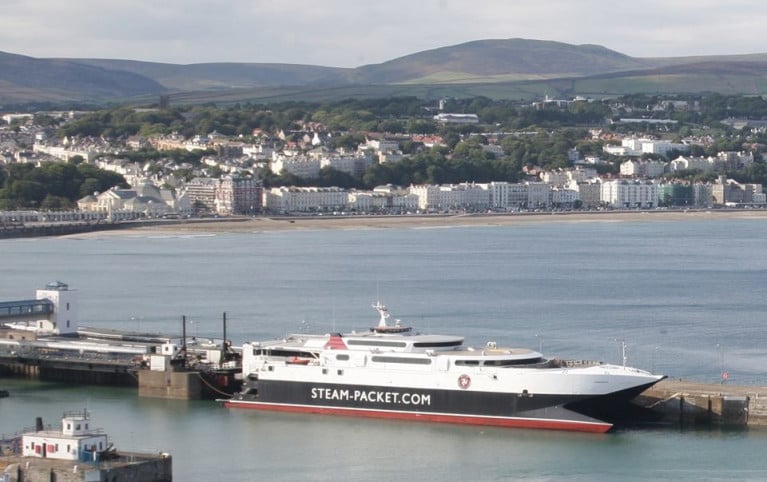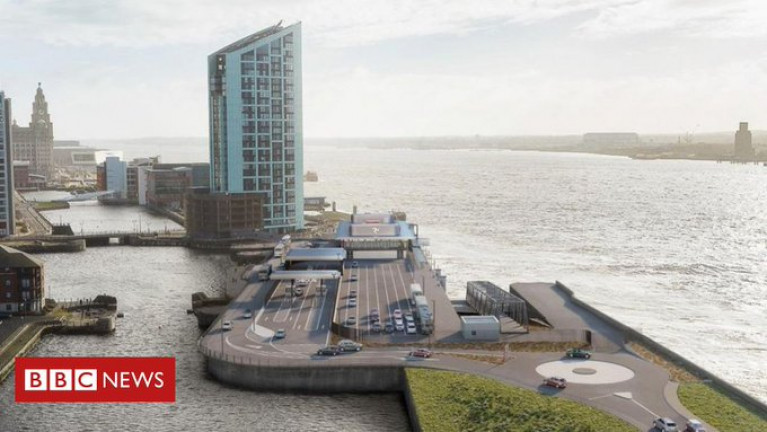Displaying items by tag: IOMLiverpool
Douglas-Liverpool Fast-Ferry Craft Crossings Resume
Ferry sailings linking Douglas, Isle of Man and Liverpool have resumed for the first time this year following the easing of the island's border restrictions.
As BBC News writes, limited passenger demand had seen the Ben-my-Chree operate only Heysham services.
The Manannan traditionally starts its Liverpool crossings in March each year.
Almost 600 passengers were due to travel on Thursday, the Isle of Man Steam Packet Company said.
The majority of those people were due to arrive on the island from Liverpool on the afternoon and evening return crossing.
Changes to the island's border restrictions mean that people from the UK, Ireland and Channel Islands who have been fully vaccinated against Covid-19 for at least two weeks can travel to the island freely without testing or isolation.
About 31,600 passengers have booked to travel on the Steam Packet vessels during July, 16,955 of which are due to sail on the Manannan
New Ferry Terminal Hub in Liverpool Faces Further Delays
A new ferry terminal along with a promenade both multi-million pound projects funded by the Isle of Man government are facing further delays, reports BBC News.
The terminal in Liverpool, which was originally scheduled to be completed in December, is now set to be finished in January 2022.
The development had been held up due to the impact of Covid-19 on the UK construction industry, Infrastructure Minister Tim Baker said.
The Douglas Promenade revamp is also set to be delayed a further two months.
That project, which was due to be completed by 31 March next year, has faced several hold-ups due to the "complexity" of work underneath the carriageway and would now not be completed until "more towards June", Mr Baker said.
The reopening of Broadway, a major junction onto the promenade that had been due to reopen in September, would now take place on Thursday, he said.
The cost of the refurbishment is still set to remain within the £26m currently allocated for the scheme, he added.
More details on the delays by clicking here.






























































